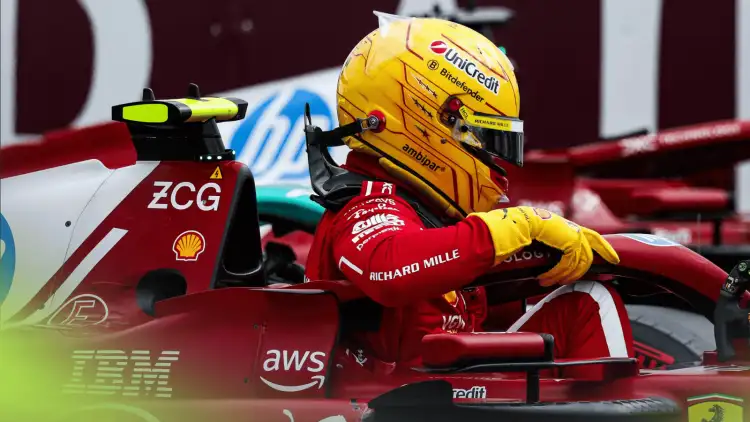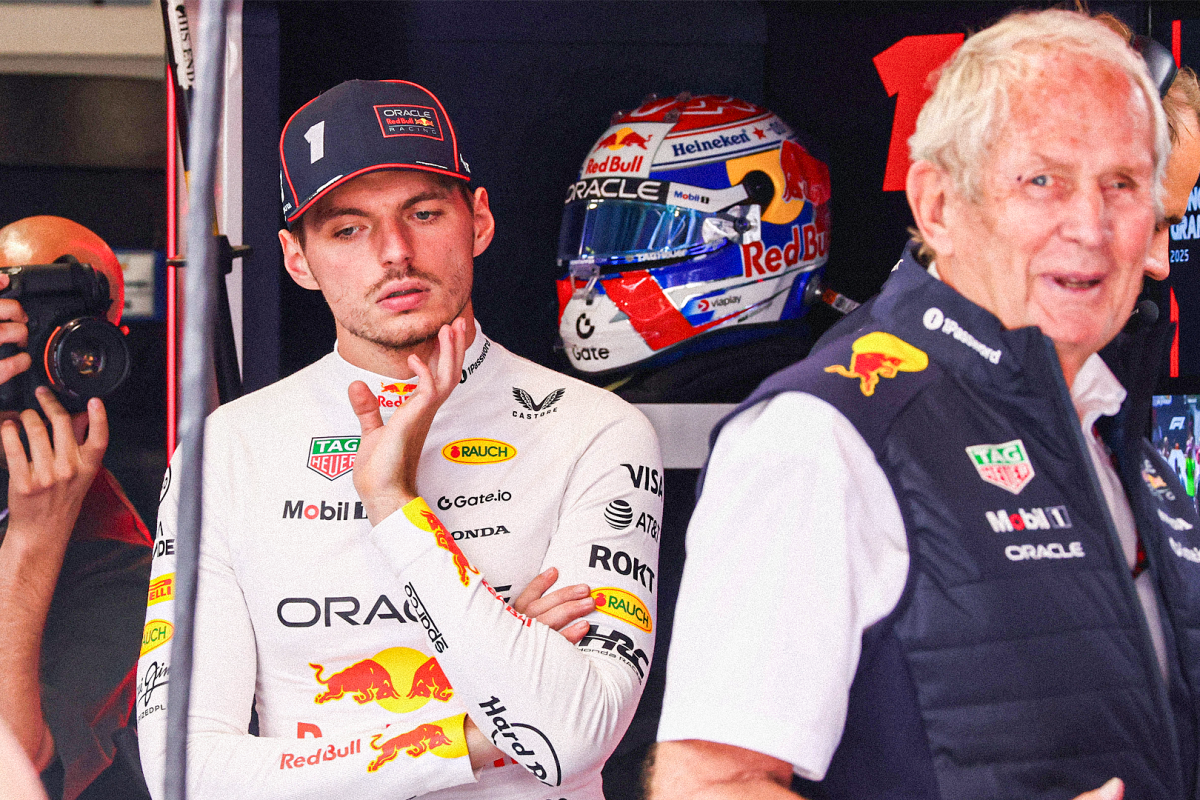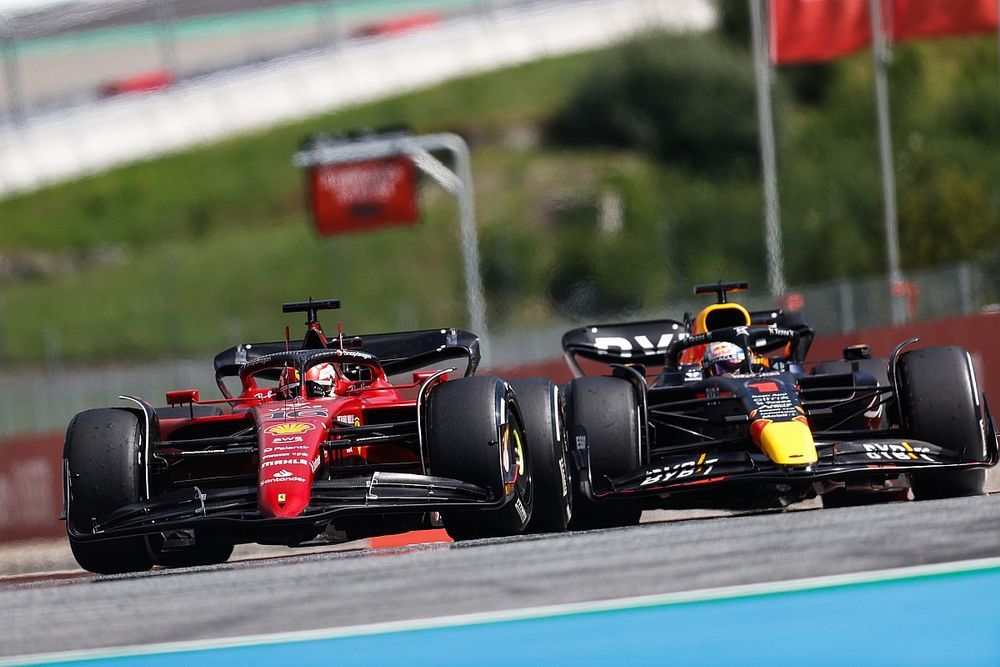Ferrari Plotting Bonus SF-25 Upgrade After Hamilton and Leclerc Complaint E…read more
Ferrari is reportedly scrambling to address performance concerns voiced by its star drivers, Charles Leclerc and Lewis Hamilton, following a series of underwhelming results in recent Formula One races. Reports suggest the team is now actively considering a surprise upgrade package for its SF-25 car, potentially introducing significant aerodynamic refinements and power unit tweaks to bolster its competitiveness. The move comes as a stark acknowledgement of the team’s current struggles and a desperate attempt to close the gap on the dominant Red Bull and Mercedes teams, both of whom have displayed considerable pace and reliability.
The pressure on Ferrari is mounting. Leclerc, a proven champion, has expressed frustration at the car’s limitations on several occasions, highlighting a significant performance deficit compared to his aspirations. Similarly, Lewis Hamilton, a seven-time world champion with a reputation for demanding peak performance, has reportedly noted weaknesses in the car’s handling and outright speed, particularly in the demanding corners. These complaints, emanating from two drivers with immense experience and a profound understanding of the sport, have sent shockwaves through the Ferrari camp. The team is acutely aware that their current predicament threatens to derail their hopes of mounting a strong title challenge, a situation further compounded by the impressive dominance of Max Verstappen and the resurgence of Mercedes.
Initial investigations by Ferrari engineers, reportedly commissioned in the wake of Leclerc and Hamilton’s criticisms, have identified several key areas where the SF-25 falls short. These include aerodynamic shortcomings, particularly in the car’s ability to manage airflow over critical components, and potentially issues with the power unit’s efficiency and response at high-speed corners. The team’s performance analysis suggests the current design isn’t optimized for the demanding tracks that have presented Ferrari with challenges. Furthermore, the reliability of the car has come under scrutiny, with several instances of mechanical failures and inconsistent performance impacting the drivers’ race strategies.
This potential upgrade package, according to sources close to the team, is expected to focus on a comprehensive set of changes, aimed at addressing the specific issues highlighted by Leclerc and Hamilton. Aerodynamic refinements, potentially including adjustments to the front wing, sidepods, and rear wing, are considered a top priority. The modifications could involve introducing new designs and materials to improve airflow management, potentially leading to better downforce and car stability. Furthermore, the power unit upgrade is expected to target responsiveness across the rev range, particularly during crucial acceleration phases within a race. This could involve modifications to the engine’s mapping and internal components to improve efficiency and responsiveness under pressure.
While the exact details of the upgrade are still shrouded in secrecy, it’s highly probable that the development will be heavily reliant on wind tunnel testing and extensive simulator analysis. The team is racing against the clock to ensure the modifications are both effective and timely, considering the fast-approaching races on the Formula One calendar. The pressure on Ferrari is immense, not only to deliver a competitive package but also to showcase its engineering prowess. Any perceived delay or lack of significant improvement could have severe ramifications for the team’s reputation and morale.
The prospect of a bonus upgrade, coming relatively late in the season, raises questions about the team’s initial design choices. Critics suggest Ferrari might have been too focused on long-term strategies and overlooked the immediate requirements of the car’s performance. However, team sources argue that the issues highlighted by the drivers are not simply design flaws, but rather a product of the evolving nature of the sport. They claim the car’s performance is significantly affected by the ever-changing race track characteristics and the diverse operating conditions, from altitude to temperature.
The introduction of this upgrade package represents a critical turning point for Ferrari. Success will require flawless execution, both in terms of the engineering design and the subsequent integration into the car. Any setbacks or unforeseen issues during the testing phase could further jeopardize the team’s chances of challenging the front-runners in the upcoming races. The performance of the SF-25 and the impact of this potential upgrade will be closely monitored by the racing community, providing a crucial insight into the dynamic nature of Formula One, where even seemingly established teams can face significant challenges.
The upcoming races will be a crucial proving ground for Ferrari. The drivers’ confidence, the team’s morale, and the future of the Ferrari Formula One project hinge on the success of this upgrade. If the modifications deliver the expected performance boost, it could herald a return to contention for Ferrari, potentially reshaping the dynamics of the championship race. Conversely, a lack of significant improvement could exacerbate the pressure on the team, potentially leading to internal conflicts and further setbacks. The entire Formula One world is eagerly awaiting the outcome, anticipating a potential shift in the balance of power.




